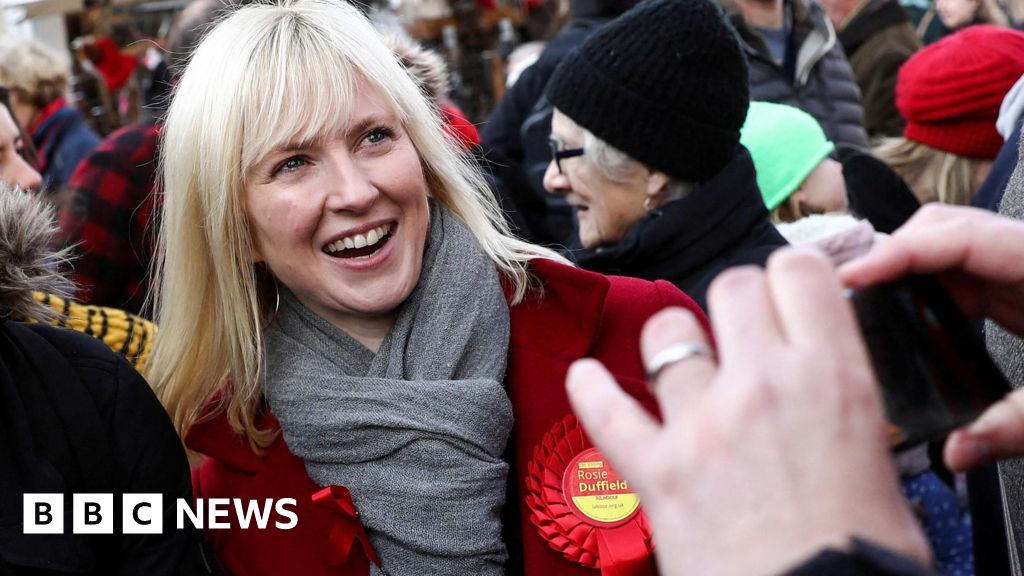ARTICLE AD BOX
Over 300 quango bosses received a higher salary than the prime minister last year, according to figures from the TaxPayers' Alliance.
Quango stands for quasi autonomous non-governmental organisations, which means they are taxpayer-funded but not directly controlled by central government, and include watchdogs as well as the prison service and the Bank of England.
Sir Keir Starmer axed the biggest quango, NHS England, last month and Cabinet Office Minister Pat McFadden is currently reviewing hundreds of quangos in a bid to reduce bureaucratic waste and inefficiency.
John O'Connell, chief executive of the pressure group TaxPayers' Alliance (TPA), said there should be more scrutiny of the hundreds of "quangocrats" taking home "massive pay packets" with minimal democratic oversight.
As prime minister, Sir Keir Starmer is entitled to a salary of £172,153, which is five times higher than the median UK annual salary of £37,430 in April 2024, as measured by the Office for National Statistics.
In all, 315 quango chief executives received a higher salary, with the top three being Channel 4's on £619,000, the chief executive of HS2 on £618,195, and head of Network Rail on £588,000.
The research also found that at least 1,472 quango staff received over £100,000 in total remuneration, which included salary, expenses and pension benefits.
Mr O'Connell said the TPA backed the Labour government's review of quangos, and urged more focus on scrapping unnecessary functions and bringing delivery of significant services back under political control.
He said: "Taxpayers will be shocked to hear that there are hundreds of quangocrats heading up bodies they may never have heard taking home massive pay packets the average Brit can only dream of.
"But beyond the healthy remuneration, arguably the bigger problem is that in many areas of government policy these quango bosses reign supreme, with minimal ministerial or parliamentary oversight despite the often highly sensitive and significant nature of what their organisation is responsible for.
"The government may have signalled an intent to get a grip of the quango state, but as well as restoring political accountability there needs to be serious review of some of the functions they perform."
Under Sir Keir, the Labour government has set up 20 new quangos, including Great British Energy, which will invest in renewable energy to help meet the government's clean power goals; and Skills England, which aims to support people in finding jobs.
Almost 60% of day-to-day government spending is channelled through quangos, with £353.3bn budgeted for them in 2022/23, according to the latest published figures.
The last major shake-up was under the Conservative-Liberal Democrat coalition government, when a "bonfire of the quangos" scrapped nearly a third of them, including the Audit Commission and the UK Film Council.
Asked last month if the government was planning another "bonfire of the quangos", Downing Street said the PM wanted to see a more "active and agile state", rather than "outsourcing" decisions to other bodies.
Sign up for our Politics Essential newsletter to read top political analysis, gain insight from across the UK and stay up to speed with the big moments. It'll be delivered straight to your inbox every weekday.

 3 hours ago
2
3 hours ago
2








 English (US) ·
English (US) ·